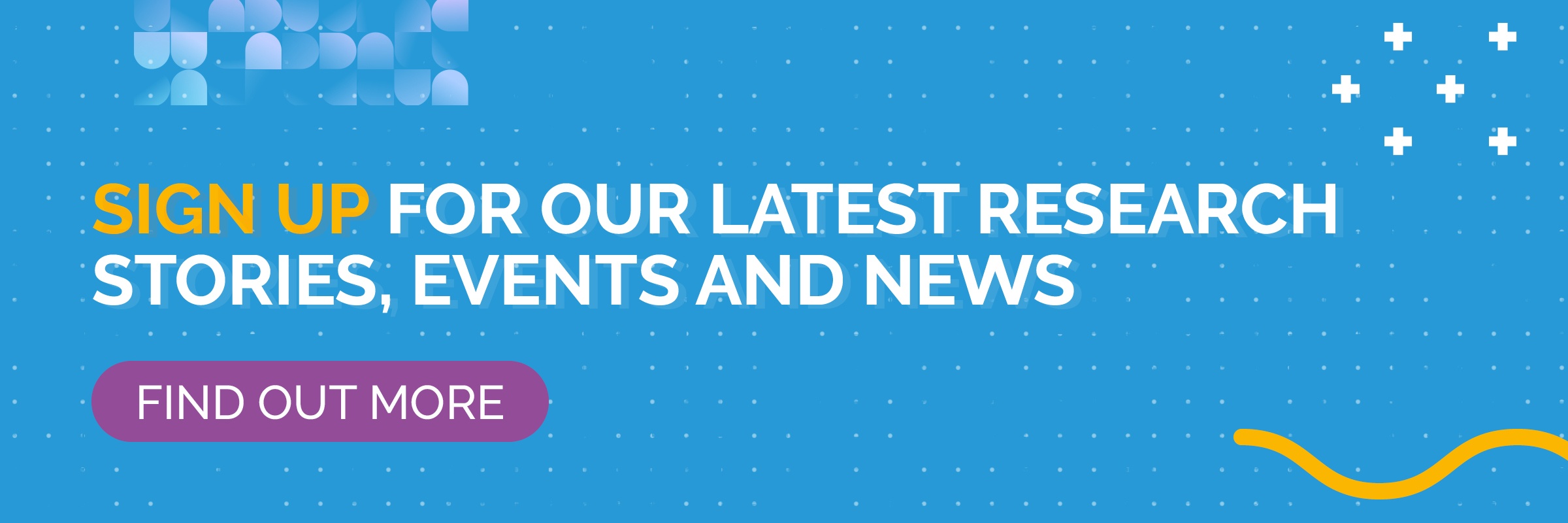
In this COP26 article, Jan Deckers, a Senior Lecturer in Health Care Ethics, discusses how we can balance having a good life while minimising the climate crisis.
My work ties in with the 2021 United Nations Climate Change Conference (COP 26) in many ways. As my research is in ethics, which is about how to lead a good life, COP 26 engages with a small, but incredibly important aspect of this question: how can we lead a good life without aggravating the climate crisis?
Maximising positive health impacts
Moral philosophers are, naturally, in disagreement about what the good life is.
I answer this question in the article "Negative “GHIs,” the Right to Health Protection, and Future, explaining that all of us should, in every situation, think about what maximises positive health impacts.
The climate crisis definitely does not maximise positive health impacts, even if many actions that contribute to it are associated with positive gains. One such gain is the nutritional benefits provided by the consumption of animal products.
For the last decade, much of my research has focused on how this gain compares with its negative impacts. Many of these relate to the climate crisis, but a general evaluation must factor in many other aspects, for example, the consumption of animal products and its pandemic potential, and its importance for food security.
Climate change and human diets
It is very clear that, in order to be able to meet climate change targets that go some way towards maximising positive health impacts, we cannot rely on a reduction in the use of fossil fuels alone. Human diets are important too.
Generally, I have argued that vegan diets frequently outperform any other diets. Whilst the number of people who adopt vegan diets has grown since the publication of my book Animal (De)liberation, the global production and consumption of animal products have also increased during the same time.
It remains puzzling as to why few people adopt veganism and research into immoral psychology is important. My research has analysed some reasons people give to continue along the same path, in spite of it leading to the precipice.
Can people consume animal products without aggravating the climate crisis?
Some people think that we can have our cake and eat it. What I mean by this in this context is that one might be able to consume animal products without aggravating the climate crisis. Whilst this is true for very few conventional animal products, it may be true for novel technologies that are being developed to address climate change impacts.
One such technology is lab-grown animal products or the use of bioreactors to multiply cells taken from animals, which could then be combined into edible products.
Whilst this technology is in its infancy and may reduce climate change impacts, future work will consider also how it may address other moral concerns. One such concern is that those products may not be natural. I explore the meaning of this concept in a recent article looking at the distinction between the natural and the unnatural.
Eating well and living well
So, much of my work is about how we can and ought to eat well without jeopardising our chances to live well. Through developing a better understanding of what good diets are and of what motivates people to choose and to avoid such diets, my work informs discussions at COP 26 and any decisions the meeting may make on how to shape better dietary policies.
About Jan Deckers
 Jan Deckers is Senior Lecturer in Bioethics at the Faculty of Medical Sciences at Newcastle University.
Jan Deckers is Senior Lecturer in Bioethics at the Faculty of Medical Sciences at Newcastle University.
He has reviewed for journals and funding bodies on many aspects of ethics and law. Jan is an associate editor for the Journal of Bioethical Inquiry, and an International Editorial Advisory Board member of Diametros.
You can contact him by email: jan.deckers@ncl.ac.uk.
